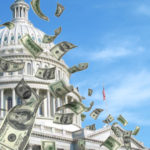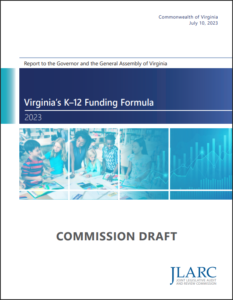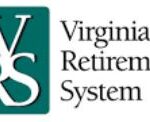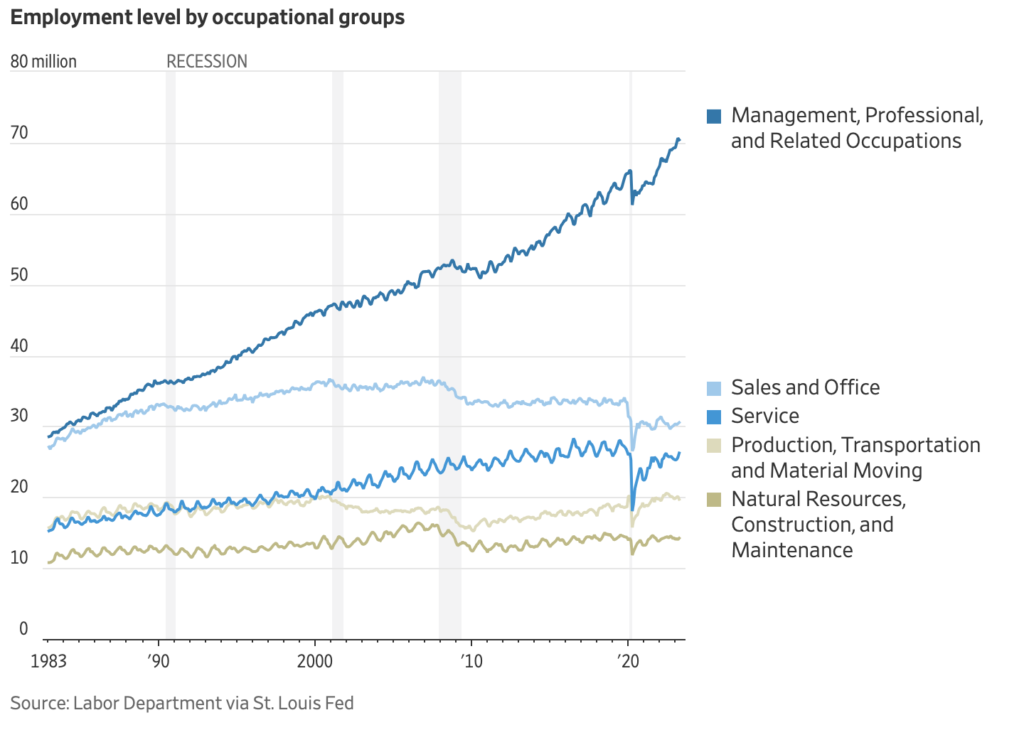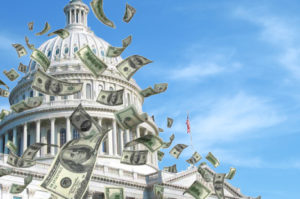 by Steve Haner
by Steve Haner
Virginia’s Democratic legislators are convinced that citizens are happy to pay taxes for state services and will rebel at the polls if taxes are cut when there are “unmet vital needs.” That is why they have so far resisted any and all proposals from Governor Glenn Youngkin and Republican legislators to split the state’s fat cash surplus between tax relief and more spending.
So, why are those same Democrats not applauding the 2023 General Assembly’s failure to extend the state’s previous pre-school sales tax holiday? Shouldn’t the voters be happy to pay more for school supplies and clothes since the schools need the money? Instead they are joining the scramble to reinstate that tax break, open to all taxpayers, rich and poor.
The good news is the Assembly’s incompetence (or was it an accident?) in letting the sales tax holiday lapse is providing another prod to keep Democrats at the table for tax policy discussions. Frankly, from a tax policy purist point of view, these tax holidays are not good policy, but they are wildly popular.
That is because the sales and use tax is one people can see at the checkout counter. If you are saving $6-$7 on a Target run or Amazon bill, you notice. The other tax cuts under discussion – a higher standard deduction, a tweak to the income level that triggers the top income tax rate – only come up at tax-filing time, and if you use a computer program or outside accountant to file, you may never notice.
The bad news is that now the General Assembly can come together and fix this oversight (if it was an oversight) and claim a victory for taxpayers. They will claim a bipartisan victory over something that leaves those taxpayers exactly where they were a year ago, no better off at all. From the beginning, the claim that nobody had put the sales tax holiday on the Assembly’s radar during the session has lacked credibility. If so, retailers need new lobbyists. Continue reading →


